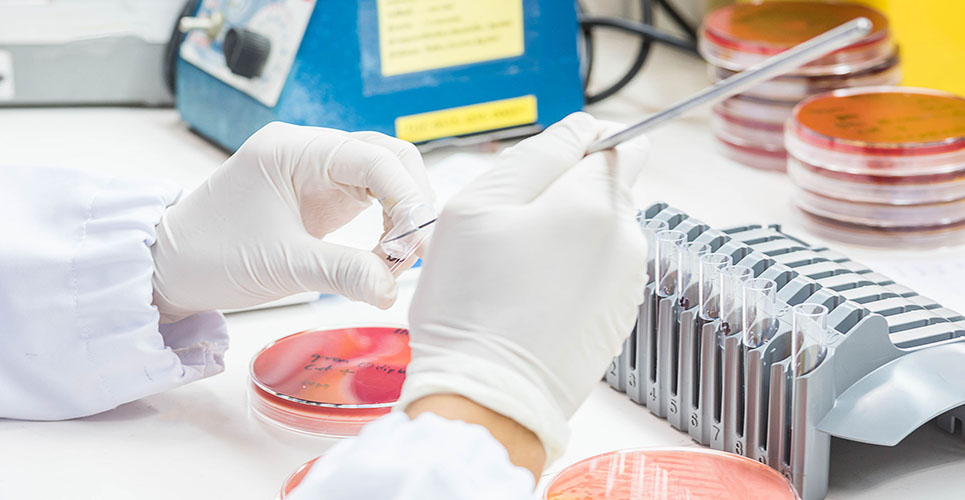teaser
The European Medicines Agency has finalised two documents providing pharmaceutical companies with guidance on how to develop medicines containing monoclonal antibodies.
The guideline on similar biological medicinal products containing monoclonal antibodies – non-clinical and clinical aspects provides information on the requirements for companies developing medicines containing monoclonal antibodies that are similar to medicines already authorised.
The guidance contains answers to questions frequently asked by companies with an interest in developing similar biological (biosimilar) monoclonal antibodies.
It lays out a stepwise approach for the development programme, covering the testing of these medicines in in-vitro studies and in animal studies, if needed, as well as testing in human subjects, from pharmacokinetic and pharmacodynamic studies through to testing of efficacy and safety.
It also sets out requirements for pharmacovigilance, the safety monitoring of medicines once they have been authorised.
The focus of the guidance is on the careful demonstration of the comparability of a biosimilar monoclonal antibody with the monoclonal antibody in the original, authorised medicine. This is needed to make sure that the efficacy and safety demonstrated for the original medicine are conserved in the biosimilar medicine.

The second document, the guideline on immunogenicity assessment of monoclonal antibodies intended for in-vivo clinical use addresses issues related to the body’s development of antibodies against these medicines, which could lead to reductions in their effectiveness or rare, serious side effects.
Monoclonal antibodies are antibodies that are produced from a single clone of cells and that recognise and attach to a specific target in the body. They are used in some anti-cancer medicines and in medicines against diseases affecting the immune system, such as rheumatoid arthritis.
The Agency has finalised these guidance documents after considering the large number of comments received during their public consultation periods, which ran from November 2010 to May 2011. The final versions were adopted by the Agency’s Committee for Medicinal Products for Human Use (CHMP) in May 2012.
Both guidelines come into effect on 1 December 2012.
As part of the consultation process, the Agency also organised a workshop in October 2011, where representatives of regulators, academia, learned societies and the pharmaceutical industry discussed the content of the draft guidelines.
The report from the workshop, together with the slides presented, have also been published under workshop on biosimilar monoclonal antibodies and immunogenicity of monoclonal antibodies.
European Medicines Agency
European Medicines Agency
